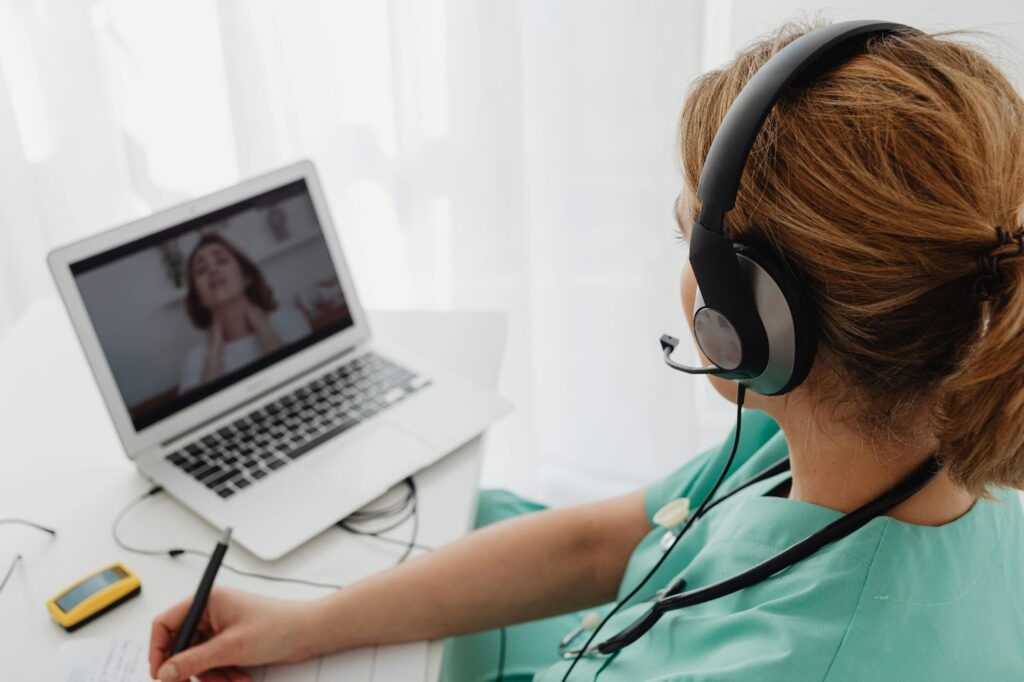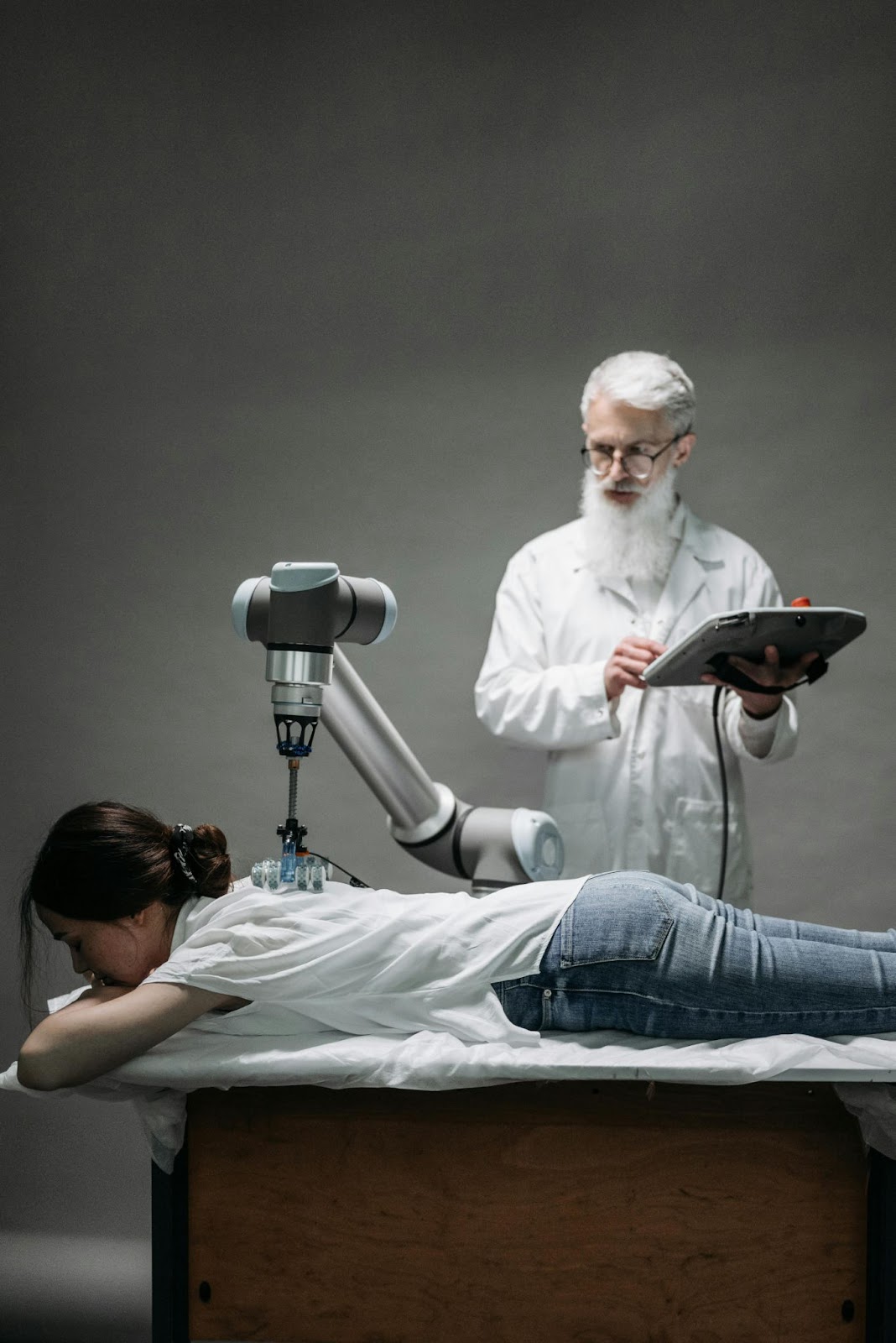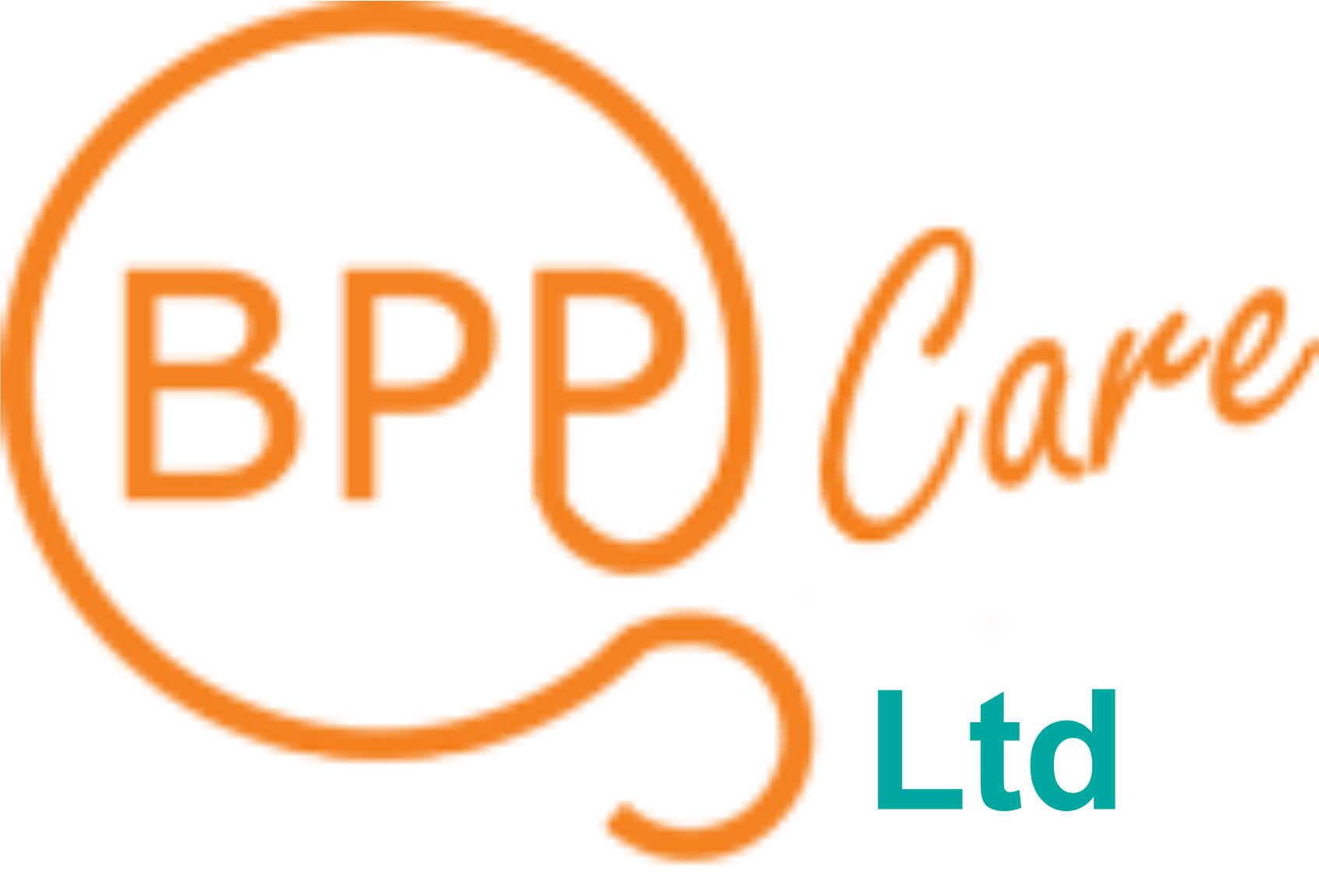
Healthcare professionals are at the forefront of an industry evolving faster than ever before. In the UK, the adoption of Electronic Health Records (EHR) is set to exceed 77% in 2025, while telemedicine adoption will surpass 50% by the end of the year. The integration of artificial intelligence in diagnostics is reducing errors by 30%, and predictive analytics is shifting healthcare toward proactive patient care.
To thrive in this digital era, healthcare professionals must develop strong digital proficiency. Indeed, it not only shapes their career paths but also enhances treatment delivery and medical outcomes. From nurses and doctors to allied healthcare workers, mastering new technologies is essential for improving patient care and ensuring professional security. Therefore, continuous learning and adaptation are crucial. Additionally, staying updated with advancements enhances efficiency and patient outcomes. All healthcare workers should focus on three critical digital skills: EHR system usage, telemedicine proficiency, and knowledge of AI and data analytics applications.

Why Electronic Health Records Training for Healthcare Professionals is Essential
The shift from traditional paper documentation to electronic health record systems has completely transformed healthcare delivery by enhancing operational efficiency, accuracy, and regulatory compliance. However, healthcare providers face challenges with system usage, which in turn can lead to wrong entries and workflow resistance.
The digital tool known as EHR serves as a system that gives healthcare personnel instant access to patient data. Moreover, it performs tasks like automatic medical record modifications and effortless healthcare team communications. An EHR knowledge base helps healthcare workers enter information correctly, thus eliminating medical errors while decreasing repetitive examinations.
Best EHR Systems for Hospitals and Private Clinics in the UK
- NHS Spine – The core digital infrastructure supporting NHS services. It allows information to be shared securely.
- Epic Systems – Commonly used in major hospitals for comprehensive patient management.
- Cerner Millennium – A widely adopted system for EHR that allows healthcare providers to communicate with patients and other clinicals.
How Healthcare Professionals Can Improve Their EHR Documentation Skills
- Register for NHS-approved EHR training sessions.
- The practice of EHR functions should be learned through hospital simulation programs for data entry and information retrieval.
- Stay updated on NHS digital policies to ensure compliance with GDPR and CQC regulations.

How Telemedicine Is Changing Healthcare and What Professionals Need to Know
Modern healthcare functions through telemedicine as an essential practice. The worldwide telehealth industry will surpass $186 billion in revenue by 2026 as virtual consultations become regular procedures for GPs and specialists while allied healthcare workers adopt this system too.
Medical professionals who use telehealth platforms operated by NHS Digital, Babylon Health, and Teladoc Health prescribed remote treatment which reduces hospital attendance times and increases healthcare accessibility particularly in rural areas. The delivery of successful virtual consultations requires further training for healthcare workers because they do not possess the vital professional abilities needed for this specialty.
Healthcare Professionals must develop series of essential skills to prepare for telemedicine practice
- Professionals in the healthcare sector must learn how to operate telehealth systems, especially those with NHS approval for video consultations. This way, they can ensure secure and efficient patient interaction.
- Healthcare workers must learn optimal remote patient interaction techniques, as these promote clear and effective conversations. Moreover, mastering these skills enhances patient trust and overall care quality.
- Healthcare professionals need to understand cybersecurity within telemedicine to establish secure data protection following GDPR requirements.
How to Get Telehealth Certification for UK Healthcare Professionals
Healthcare professionals need to develop their telemedicine abilities through three specific practices:
- Professionals in healthcare need to enroll in official telehealth best practice courses which are available online.
- Healthcare professionals should join virtual meetings which focus on creating communication approaches.
- Health professionals must stay updated regarding the legal issues along with ethical aspects that affect remote patient healthcare.

The Role of AI in Healthcare: From Diagnosis to Predictive Analytics
Artificial intelligence systems transform health care because they identify illnesses early and help physicians make predictions regarding patient health deterioration.
The clinical functions of AI tools, such as diagnostic systems, healthcare administration, and personalized treatment planning, are currently provided through NHS AI Lab, IBM Watson Health, and Google’s DeepMind. As a result, these innovations are transforming patient care and medical decision-making.
Why Healthcare Professionals Need AI and Data Analytics Skills in 2025
When human radiologists require 30% longer than machines to detect health conditions, AI-assisted imaging systems accomplish this task with more accuracy at a faster pace.
The implementation of predictive analytics systems uses patient risk assessment data models to identify healthcare patients who display early warning signs of deterioration. Consequently, this allows for timely interventions and better patient outcomes.
Medical staff who dedicate their time to patient care through automation of regular activities receive greater benefits.
How Can Healthcare Professionals Learn AI and Data Analytics?
- Healthcare professionals can learn AI and health informatics disciplines through FutureLearn and Coursera educational programs.
- The NHS digital transformation programs enable healthcare professionals to monitor recent changes in their roles through AI implementation.
- The rules of data privacy and security best practices should be learned by professionals for ethical artificial intelligence implementation.
Conclusively, a digital revolution currently transforms healthcare so professionals embracing change become leaders in both patient-oriented and technology-based medical care. Your ability to use EHR, practice telemedicine and understand AI diagnostic systems will differentiate you from competitors within this growing healthcare industry.
The combination of digital skills training along with technology updates and skilled utilization of tools in daily care will keep you relevant for future success. Future healthcare exists online so professionals who learn this transformation now will determine how medical services evolve.
Frequently Asked Questions (FAQs)
- How do I become a Healthcare assistant in the UK?
Healthcare employers or recruitment agencies will require good literacy and may ask for GCSEs in English and Maths. Furthermore, to boost your chances, a healthcare qualification like BTEC or NVQ will undoubtedly give you an edge..
- Is Healthcare management the same as Nursing?
For Nursing, you get to care for sick people, the injured, and those with physical disabilities. On the other hand, Healthcare Management is a different ball game that primarily focuses on overseeing a hospital, community health service, or GP surgery.
- What is another word for Healthcare Professionals?
- Healthcare Providers
- Medical Practitioners
- Clinical Professionals
- Health Specialists
BPP Care Ltd /Our Service

Yeah, we agree with this. Achieving balance requires defining priority and sharing responsibilities.